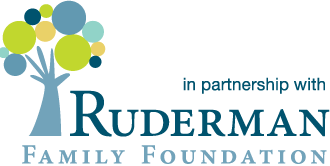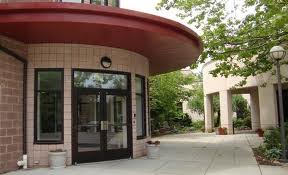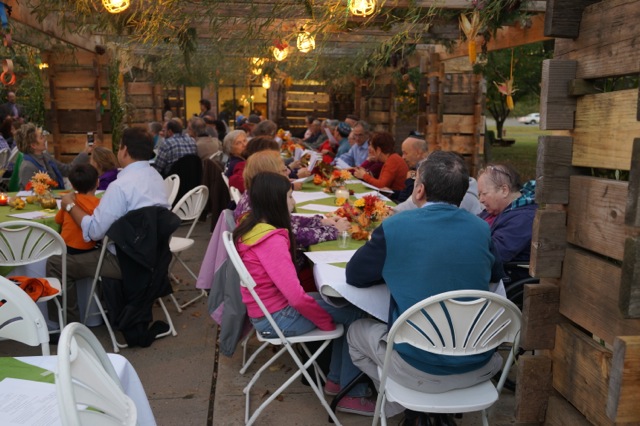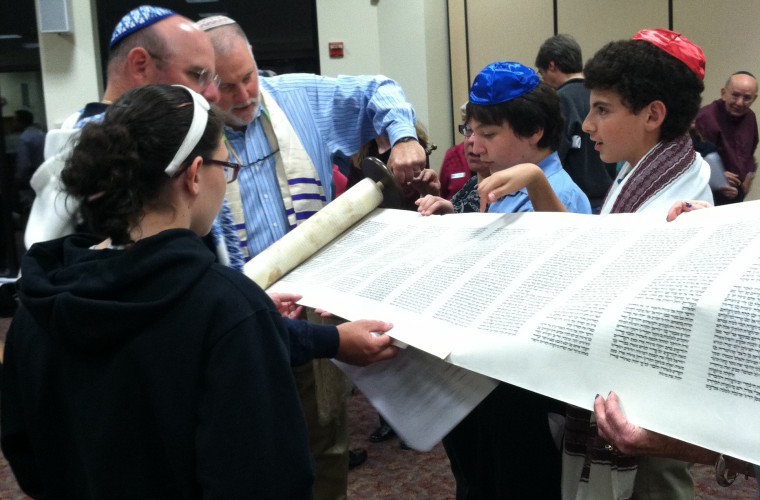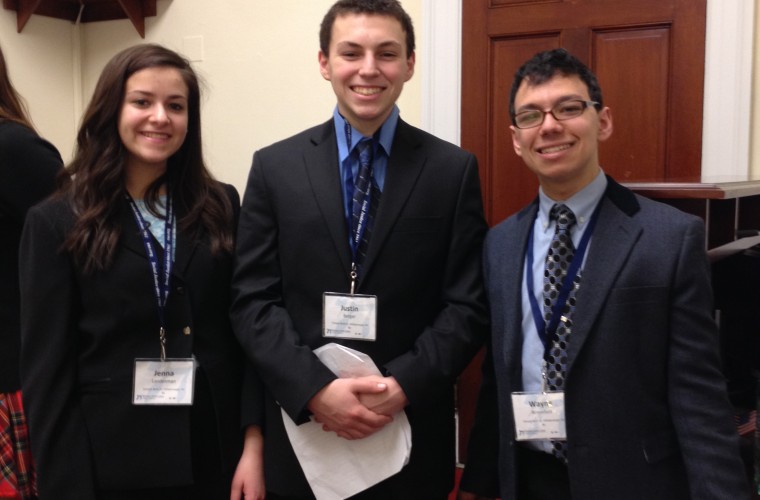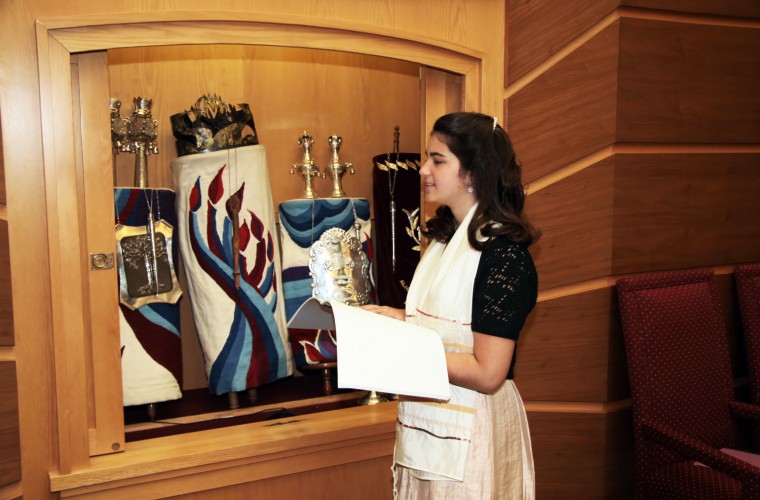Areas of Inclusion: Adults in Communal Life, Architectural & Physical Accommodations and Transportation, Autism, B’nai Mitzvah, Blindness, Deafness, General Inclusion, Religious School, Worship, and Youth Group, High School, and College Programming
About the Congregation
67 US Highway 206
Hillsborough, NJ 08844
Number of Congregants: 450
Contact Information
Temple Beth-El is a caring, inclusive Reform Jewish community that honors the values of our tradition. We provide an array of worship, educational, cultural and social action opportunities to enable and encourage all who are interested, including those with disabilities, to participate actively and discover the joy of Jewish living.
Fifteen families founded Temple Beth-El in 1953 with a vision of establishing a synagogue with an inclusive philosophy, alive with the spirit of Judaism and consistent with modernity. Ever since, Temple Beth-El has opened its doors and supported all who wish to experience the joy of Jewish living.
Our clergy are committed to our mission, working in partnership with our dedicated staff and lay leaders to fulfill the vision of our founders. We are guided by the pillars of Torah, avodah and g’milut chasadim, and offer programming focused on education, leadership development, enriching worship opportunities and a strong commitment to social action; all while fostering significant relationships within the temple community.
At the core of Temple Beth-El’s success is a dynamic Religious School, which includes a robust post-b’nei mitzvah program and engaging adult education; as well as a strong model for developing and sustaining lay leadership. Our goal is to enable each member of our community the ability to find opportunities to meaningfully participate in Jewish life, to whatever extent he/she desires. We strive to foster a deep sense of belonging, pride in Jewish identity, connection to spirituality and fulfillment of individual potential.
Inclusion Programming
Does this congregation have an inclusion committee?
No
Developing Our Program
Sixteen years ago the Director of Jewish Life and the Religious School Committee recognized that there were students in the religious school whose needs were not being appropriately and successfully met. In 2001 TBE hired a Special Needs Coordinator (Lisa Friedman) to develop a school program to meet the needs of all students. We now offer a multi-layered school program meeting the communal and individual needs of all students. However, early on in the tenure of our Special Needs Coordinator (now Education Director), we recognized the need for inclusion to be a part of the fabric of the community, not just the school. Our vision statement reflects this and we work hard to ensure that members of all abilities can and do participate in all aspects of synagogue life.
Number of people involved in the effort: 150
Involving People with Disabilities
Parents of children with disabilities were involved in the early stages of developing the school programs. They continue to be involved as members of the Religious School Committee and throughout the congregation at large, serving in a variety of leadership roles. They, and individuals with disabilities themselves, are less involved with policy as they are with determining what they would find meaningful and choosing how they wish to participate.
Funding This Effort
This effort has always been a part of the synagogue's operating budget. This is a reflection of the deep commitment to the value of inclusion.
Spreading Awareness About Our Work
We share our efforts within the community via bulletin articles and by word of mouth. Congregants who have had successful experiences share them with one another. In addition, our synagogue vision statement includes a commitment to inclusion and our school registration materials have a place for parents to share their children’s needs. Outside the congregation we share news articles and have had articles shared on multiple Reform Movement blogs. In addition, our Education Director, Lisa Friedman, has become widely recognized within the world of Jewish disability inclusion and represents our efforts in presentations and on various committees and advisory groups.
A study session from Lisa Friedman is available below.
Links About Spreading Awareness
Process & Sharing
Marketing Documents Indicating Our Commitment to Inclusion
History, Materials & Processes that Guided Our Approach
Our process has been fairly organic. We do not have specific documents that we have written and that our board has approved. Rather, this is a commitment that all in our community understand. Our Board of Trustees, committees and professional staff uphold this value in the work that they do.
Evidence of Successful Inclusion Efforts
In general, we are able to gauge success when individuals return to subsequent events, programs and services. This, to us, is a signal that we are meeting the needs of the community. If and when we are not, we work to make adjustments. A few anecdotal stories are available in the links below.
Evidentiary Links
How We're Using and Sharing the Disabilities Inclusion Learning Center
All staff and key lay leaders are all expected to share our congregation's vision of inclusion. As such, these resources are particularly helpful as new staff is hired, as lay leaders shift and take new roles and as new leaders are identified. There are good "reminders" here of what we do well and ways for us to consider more than what we have already done. There are materials here that can be incorporated into our existing leadership development program, teen programs, etc.
Future Inclusion Efforts
We are continuing to ensure that all of our worship opportunities are fully inclusive. We would also hope to see more people with disabilities themselves volunteering and/or serving the community via committees, etc. as they might desire. We are less focused on any new or additional "programs" but rather will continue to expand our reach and adapt as necessary to ensure that all are welcome.

